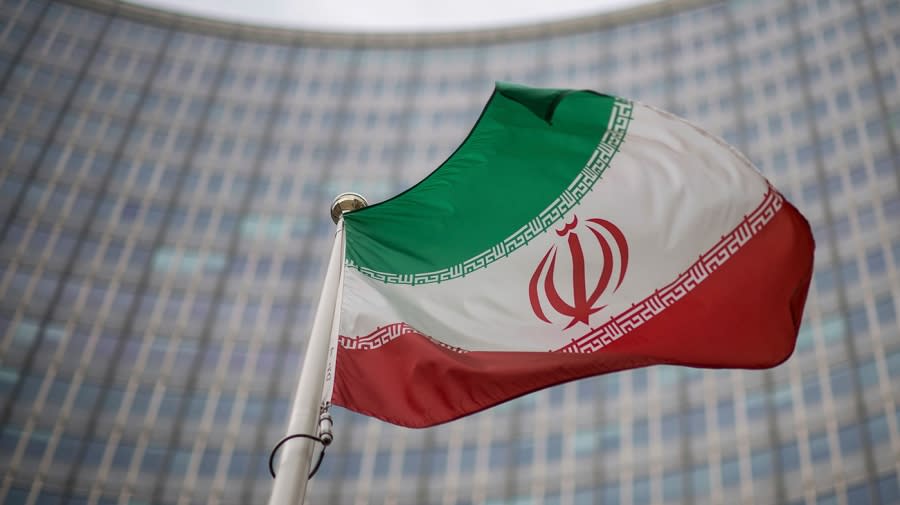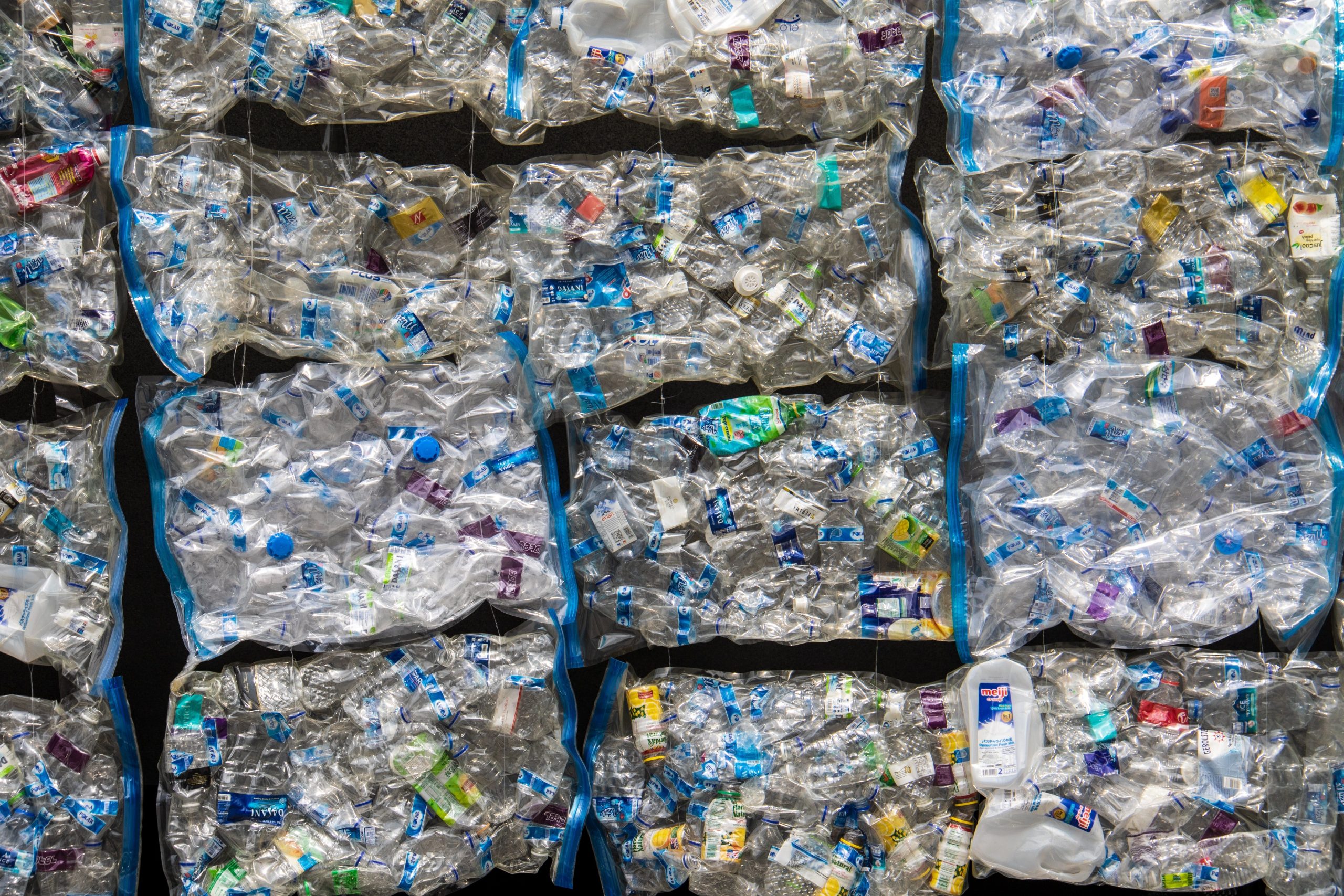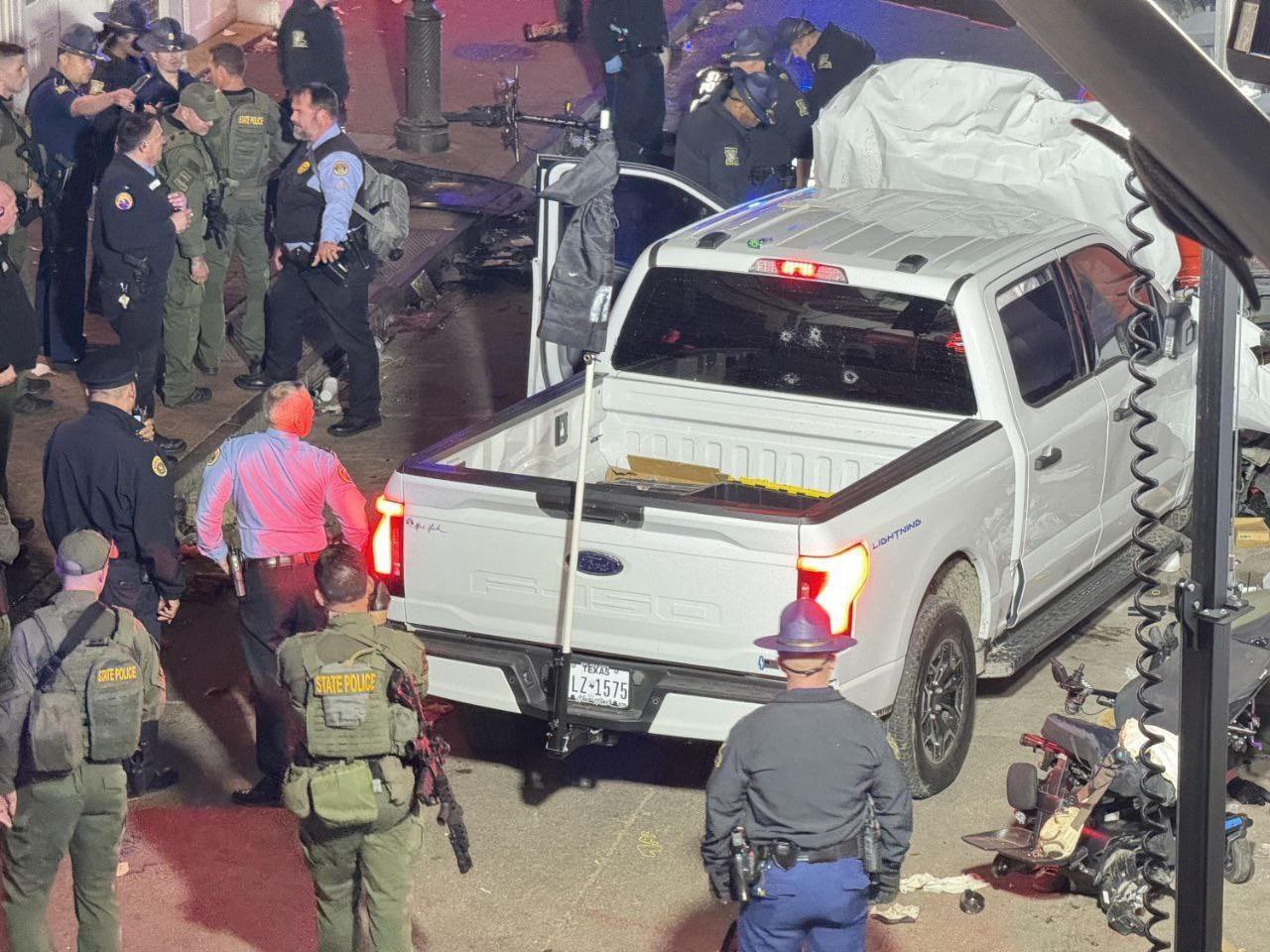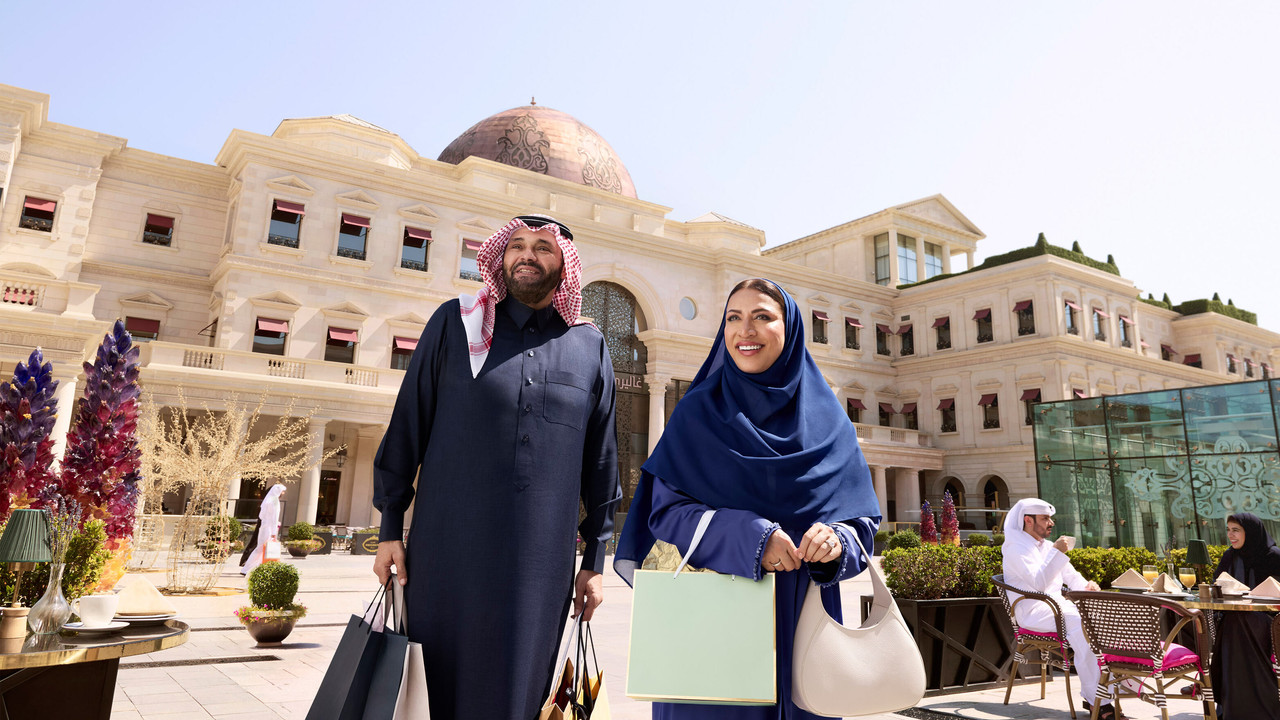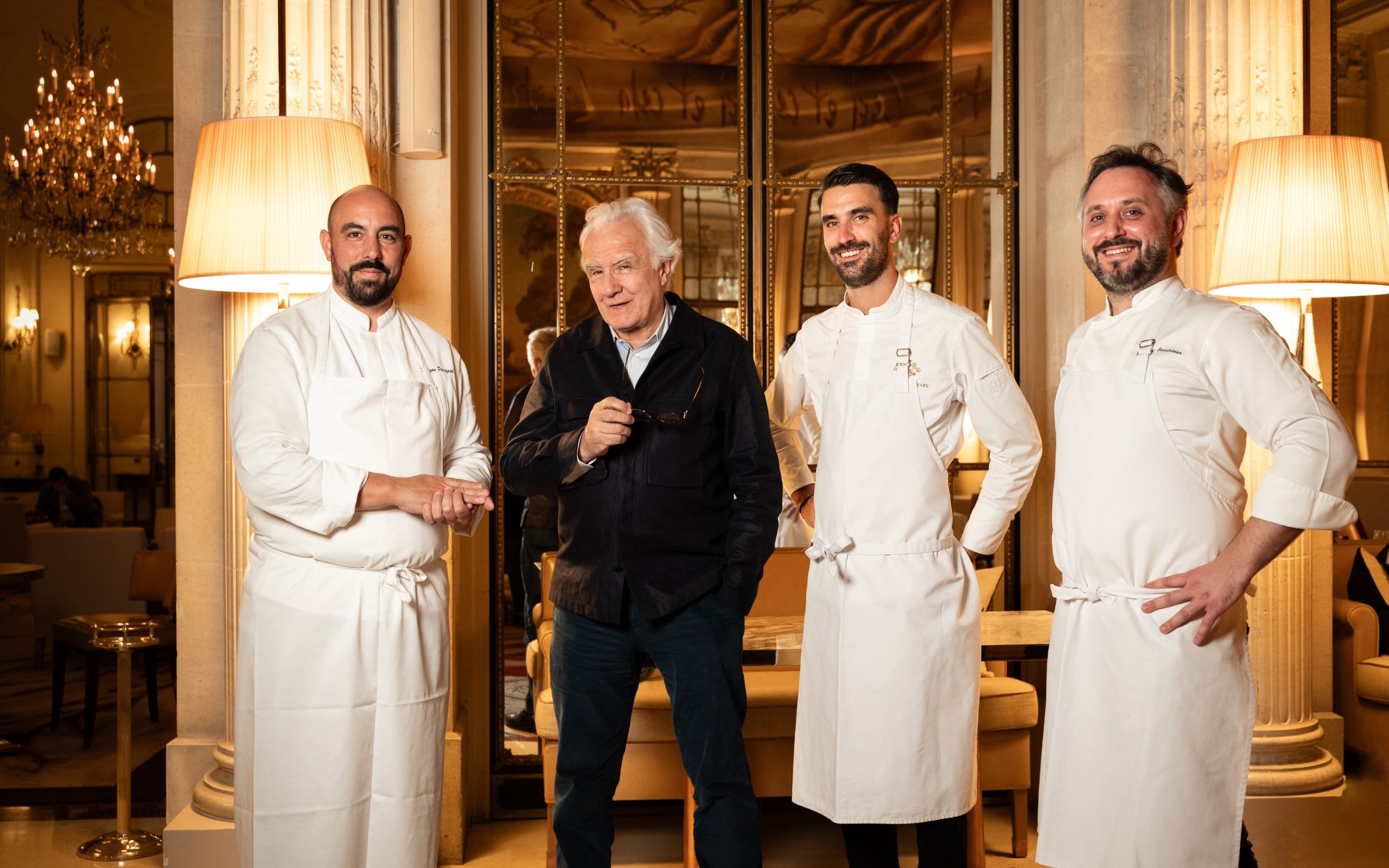Efforts to revive the nuclear deal have increased in recent weeks.
Iran said in a fresh statement on Monday that Tehran has given the United States a draft response that is “transparent, legal and constructive” in regards to the restoration of the 2015 nuclear deal.
Foreign Ministry Spokesperson Nasser Kanaani said Iran has responded constructively to Washington during talks to restore the nuclear deal, formally known as the Joint Comprehensive Plan of Action (JCPOA).
“We believe Iran’s response has been constructive, transparent and legal, and can create the grounds for a conclusion of the talks and for an agreement in a short amount of time if there is also mutual political will,” Kanaani said.
“Either way, lifting sanctions and [providing] economic benefits for the Iranian nation … are among our top goals,” stressing that Tehran does now want to leave “any ambiguity” in the negotiations’ text.
His comments come after the US State Department on Thursday described the Islamic Republic’s latest response to the landmark nuclear accord revival – despite it being mostly approved by the European Union – as “not constructive”.
The EU’s Foreign Policy Chief Josep Borrell in August called Tehran and Washington’s first comments on the bloc’s text “reasonable” but has yet to voice a remark regarding the latest proposals.
Sources on Twitter quoted Borrell as suggesting that if the purpose is to close the deal quickly then this will not help in efforts to revive the nuclear deal, noting the official will continue to consult with JCPOA participants, and in particular the US.
“But I’m sorry to say that I am less confident today than […] before […] about the prospect of closing the deal right now,” he added, the sourced revealed on Twitter.
The EU chief diplomat said that efforts to finalise the accord are “in danger” after Washington and Iranian positions shifted in recent days.
“The positions are not closer . . . If the process does not converge, then the whole process is in danger,” Borrell said, according to reports.
“I am sorry to say that I am less confident today than [48] hours ago about the convergence of the negotiation process and the prospect of closing the deal,” he added.
Kanaani’s statement on Tuesday was addressing recent claims stemming from anonymous US and European officials, rejecting accusations that its latest position on the JCPOA negotiations has been negative and an obstacle in the indirect talks.
While affirming that Tehran is “working responsibly and seriously to create the conditions for the completion of the agreement,” Kanaani also emphasised that this “depends on the will and seriousness of [other parties]” and that Iran is still waiting on a response from both Washington and the European participants in the negotiations.
In the statement, Kanaani noted that his country views the nuclear negotiations as being of “great importance” in order to ensure the continuation of the accord and to prevent a repeat of “what occurred following the 2015 deal.”
Russia and China, two other signatories of the JCPOA, alongside France, Germany and the United Kingdom, have supported Tehran’s latest response on the text of the nuclear deal revival.
In a tweet on Tuesday, Permanent Representative of Russia to International Organisations Mikhail Ulyanov also weighed in, saying “it’s clear that Iran will not accept loopholes and ambiguities”.
Washington unilaterally abandoned the JCPOA in May 2018 under the Trump administration’s “maximum pressure” campaign on Tehran. In turn, the US restored crippling sanctions, severely damaging the country’s economy.
Iran has maintained that the IAEA must retract its allegations regarding Tehran’s nuclear programme in order for the nuclear accord to be saved, however Washington insists otherwise.
An ongoing “safeguards” investigation by the nuclear watchdog into alleged traces of man-made radioactive material discovered at several Iranian locations has created a roadblock to the revival of the deal.
On Tuesday, Kanaani went further by claiming the International Atomic Energy Agency’s (IAEA) probe into Iran’s “unclear” nuclear operations was politically charged.
Last month Mohammad Eslami, head of Iran’s Atomic Energy Organisation asserted that the occupying state of Israel and “exiled Iranian dissidents” were behind claims of Iran’s supposed and “unexplained” uranium traces.
Tehran will not let inspections beyond those specified in the 2015 nuclear deal, Eslami confirmed last month.
“We are committed to inspections in the framework of the nuclear deal that are linked to nuclear restrictions which we have accepted in the past […] Not one word more, not one word less,” he reiterated.
Eslami declared that if the JCPOA is restored, the investigations should be closed “before the implementation day.”
Separately, Qatar and Oman have continued to mediate and convey messages between the two sides. Iranian Foreign Minister Hossein Amirabdollahian has spoken to his counterparts in both Gulf countries to discuss the negotiations since last week.
‘Final text’
The EU submitted to the parliament on 8 August what has been labelled as the “final text” to salvage the deal, essentially announcing a pause to negotiations.
The potential restoration of the nuclear accord could see the release of billions of dollars in frozen Iranian funds as well as oil exports in return for Iran’s reduction of nuclear programme activities.
The EU proposal, according to people familiar with the matter, allegedly stipulates the lifting of sanctions against 150 economic institutions and 17 Iranian banks the day after a new agreement is signed, reports revealed.
It also says Tehran will “immediately begin to reverse the steps it took to advance its nuclear technology, which is now beyond the scope of what the UN nuclear watchdog, the IAEA, and the deal’s original signatories say is acceptable,” the report added.
Iran will also be able to export 50 million barrels of oil per day within 120 days of the deal’s signing. The sources, who spoke on the condition of anonymity, added that the agreement also calls for the release of $7 billion in Iranian cash that are currently being held in South Korea.
Should the US withdraw from the nuclear accord once more, it will also be required to pay a fine, the text states, according to the anonymous sources.
This has been a sticking point for the Iranian side as it continues to demand assurances be put in place to ensure it receives compensation should any future US administration abandon the JCPOA.

